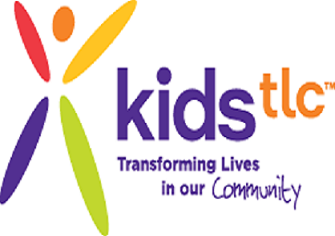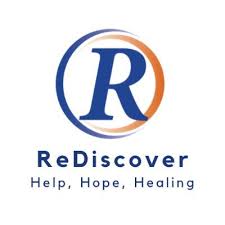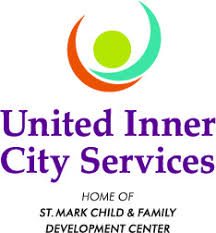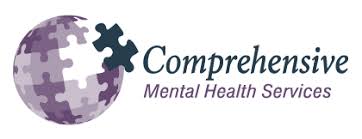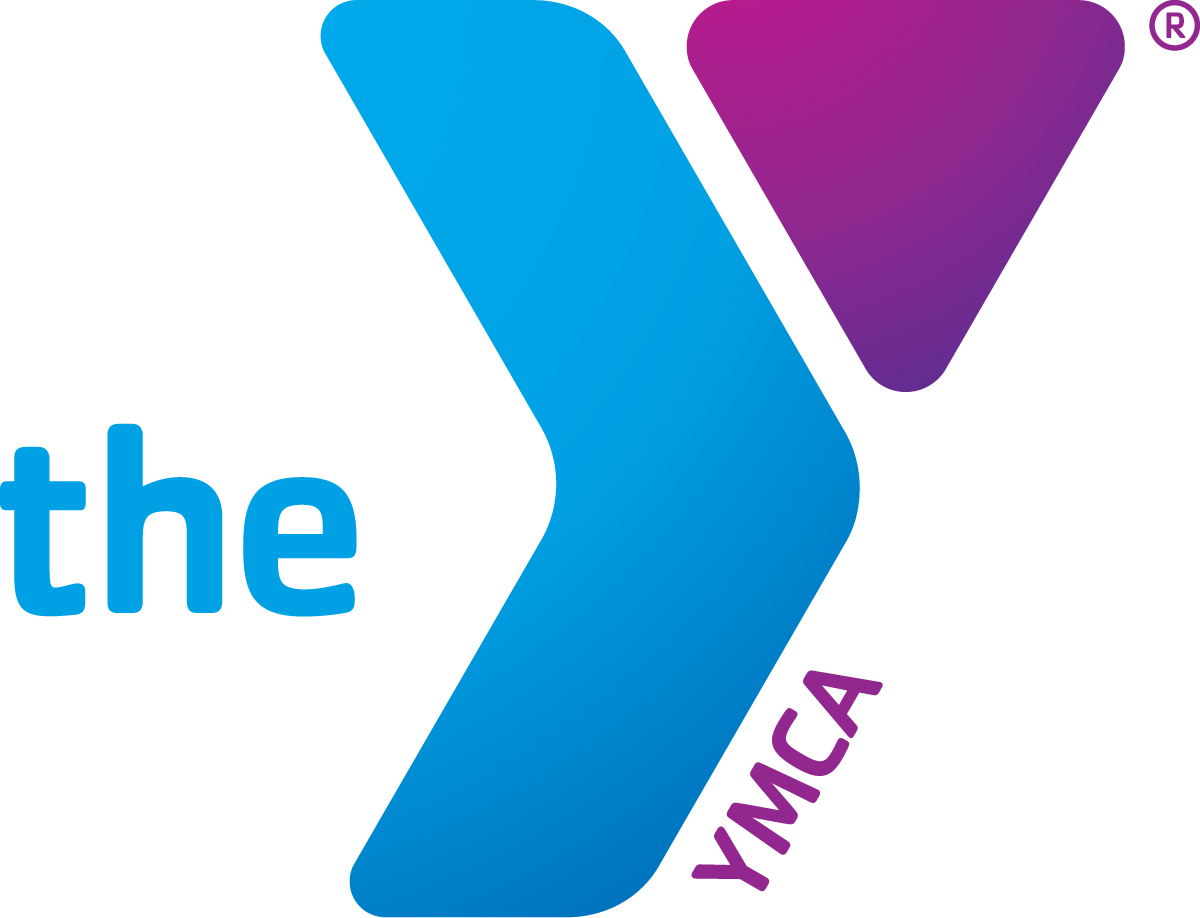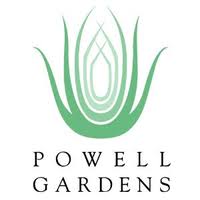Blog
04 Dec REACH Healthcare Foundation Awards $50,000 Grant to ReDiscover
ReDiscover was recently awarded a $50,000 grant from REACH Healthcare Foundation to support core operating expenses. ReDiscover will utilize 2020 REACH core support to assist with quality improvement (QI) (monitoring, learning, and evaluation).03 Dec What’s So Scary About Federal Grants? by Thomas Assel, GPC
Posted at 21:28h
in Competency Five, Competency Four, Federal Grants, Organizational Development, Program Design, Thomas Assel, GPC
My wife, Julie Assel, likes writing federal grants. I’ve been told that’s odd, and I guess I can understand why. Consider your average small-to-medium foundation grant. It might be a 2-3-page letter with an attached organizational budget, maybe your 501c3 letter and a board roster, but nothing you haven’t seen ten or a hundred times before. On the more complex end of what we normally experience, you’ve got agencies like the Health Forward Foundation in Kansas City asking for all that plus a logic model and theory of change indicator chart, with a 15-page narrative limit on certain grants. Fifteen single-spaced pages is nothing to sneeze at. Federal grants can have even higher page limits and even more attachments. The SF-424 alone can take more time to fill out than some grants can take to write.
03 Dec REACH Healthcare Foundation Awards $50,000 Grant to KidsTLC, Inc.
KidsTLC, Inc. recently received a grant for $50,000 from the REACH Healthcare Foundation to support core operating expenses. Core operating support from the REACH Foundation allows KidsTLC to use the funds where they are most needed and keeps our programs operating and sustainable. KidsTLC is well-equipped to serve and impact the lives of vulnerable youth and their families. At the heart of KidsTLC’s core values is the drive and desire to constantly improve programming, especially when a gap in services presents itself in our community. We increase access through partnerships in the community and by continuing to seek out ways we can extend our expertise and services into the community (both by placing providers at off site locations and offering training to youth serving professions such as medical professionals and educators).02 Dec H&R Block Foundation/Marion and Henry Bloch Family Foundation Award $75,000 Grant to United Inner City Services (UICS)
United Inner City Services (UICS) was recently awarded a $75,000 grant from the H&R Block Foundation and/or Marion and Henry Bloch Family Foundation to support the infant and toddler program at Metro Center. For more than 50 years, United Inner City Services (UICS) has served the Kansas City community by addressing challenges facing families in the urban core. Today, UICS carries out its mission of “Building Bridges. Inspiring Minds. Impacting Futures.” through the St. Mark Center, UICS’s primary service and one of Kansas City’s leading early education programs. The licensed and accredited St. Mark Center serves 150 children, along with their families, annually through early childhood education and wrap-around services.01 Dec REACH Healthcare Foundation Awards $50,000 to Comprehensive Mental Health Services, Inc.
Comprehensive Mental Health Services, Inc. was recently awarded a $50,000 grant from the REACH Core Operating Grant to support their core operating expenses. Funding from the REACH Core Operating Grant will support CMHS’s goal to help individuals and families who experience emotional and coping problems (inability to handle everyday...

